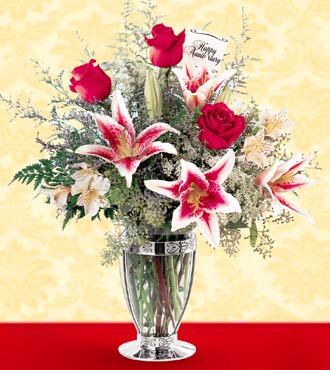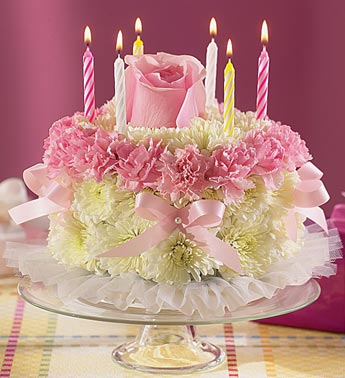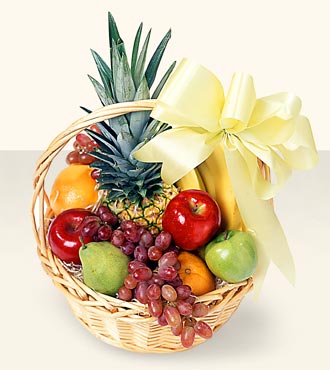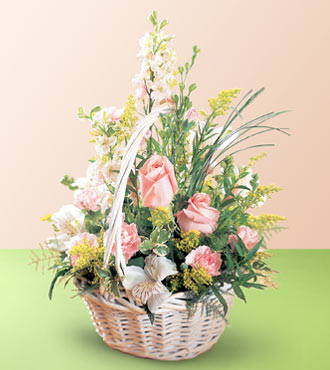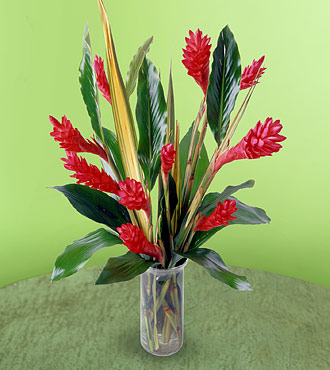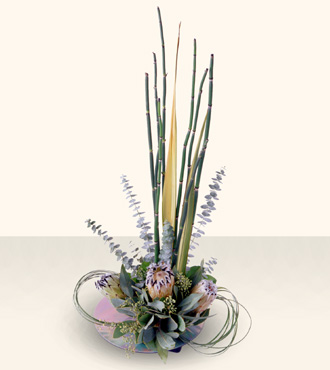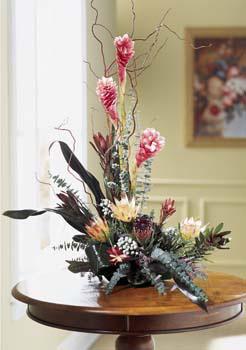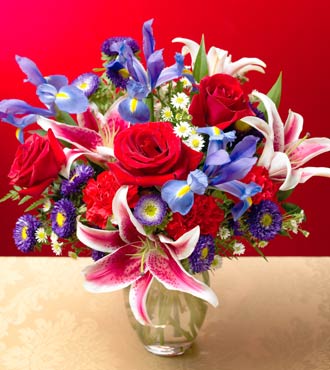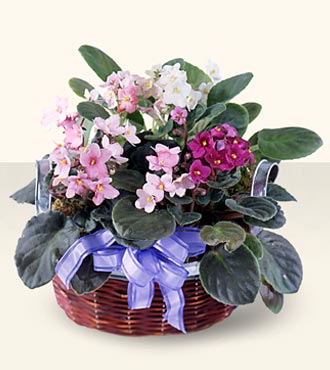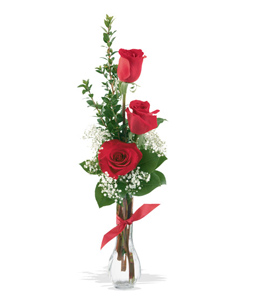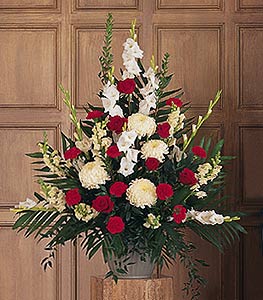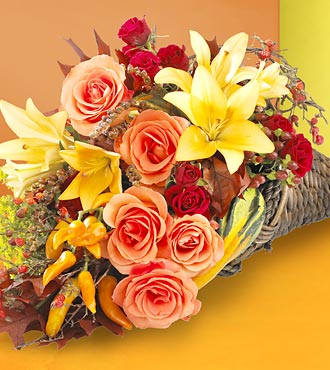|
|||||||||||||
|
Blossom Florist’s Flower Delivery in Kentucky is the greatest. Our Kentucky Flower Shops offer flower delivery in Kentucky with a 100% satisfaction guarantee. Our goal is to send only fresh flowers to Kentucky with our professional and caring staff that is always available to serve your needs.
|
|
Kentucky Click here to Send Flowers to Kentucky Today |
||
|
Bardstown, KY |
Lexington, KY |
Louisville, KY |
|
Our General State History and Information
Archaeological evidence shows that Indians lived and hunted in Kentucky as long as 13,000 years ago. Arriving Europeans brought epidemic diseases that swept through the Native American population. By the mid-1700s only a handful of native settlements survived in Kentucky. Native Kentuckians include the Mingo (Seneca-Iroquois), the Cherokee, and the Shawnee.
Explorers like Dr. Thomas Walker and John Finley in the 1750s and frontiersmen like Daniel Boone and Simon Kenton in the 1760s gave glowing accounts of the rich land beyond the mountains. Attracted by the promise of abundant land and game, settlers flocked through the Cumberland Gap or down the Ohio River to Kentucky. In 1774, James Harrod constructed the first permanent settlement at present day Harrodsburg. Fort Boonesborough was established in 1775, and many other settlements were created soon after. With the advent of the American Revolution, British-inspired Indian attacks continually plagued these pioneer settlements. The last major Indian raid in Kentucky occurred at the Battle of Blue Licks in 1782, although small skirmishes and raids would continue until 1813. In 1776 Kentucky became a separate county of Virginia, and was admitted to the union as the fifteenth state on June 1, 1792 – the first on the western frontier. Kentucky chose to be known as a commonwealth, meaning government based on the common consent of the people and dating to the time of Oliver Cromwell’s England. Isaac Shelby, a Revolutionary War hero, was the first governor, and Frankfort was chosen as the state capital. The Commonwealth prospered and agriculture became the economic mainstay, with tobacco becoming Kentucky's primary cash crop. Kentucky was also a leading producer of the world’s hemp supply, used for making rope and fiber products. Another leading crop was corn, the principal ingredient in bourbon whisky that was developed in Scott County in 1789 by the Reverend Elijah Craig, a Baptist minister. Between 1800 and 1860, Kentucky's political leadership gave the Commonwealth influence in national circles. John Cabell Breckinridge and Richard M. Johnson both served as Vice President. John Breckinridge was the first federal cabinet level member from west of the Appalachians. President Zachary Taylor, although not a Kentuckian by birth, lived in the state for many years; and three-time presidential candidate Henry Clay, known as the "Great Compromiser" gained fame for his negotiations designed to avert conflict. When the Civil War broke out in 1861, Kentucky was torn apart by conflicting loyalties. Although Kentucky declared itself a neutral state, both the Union and Confederate governments recognized its strategic potential, and both sides recruited openly. This often led to brother fighting against brother. Ironically, south-central Kentucky was the birthplace of both the Union president, Abraham Lincoln, and the Confederate president, Jefferson Davis. These two great men were born in log cabins within one year and 100 miles of each other. Kentucky's most violent Civil War battle took place near Perryville in 1862 and ended the Confederacy’s advance into Kentucky. After the Civil War, there was a tremendous increase in tobacco production in Kentucky due to the decline of the hemp industry and the development of burley tobacco. Burley tobacco won acclaim for holding the sweeteners popular in plug tobacco at the time. Plug tobacco was the most popular tobacco product until World War I, when blended cigarettes took its place. Fortunately for Kentucky tobacco farmers, burley was an important ingredient in both products. Kentucky to this day remains one of the nation’s major burley-producing states. Raising and racing thoroughbreds also became a lucrative endeavor, and the Kentucky Derby grew in popularity after the first race in 1875. Kentucky produces more thoroughbred foals than any other state in the U.S. – over 8,000 were foaled in Kentucky in 1996. Large-scale coal mining in Eastern Kentucky's mountains began in the early 1900s as the railroads penetrated previously isolated areas. Louisville became one of the nation’s major trading and industrial centers. With the advent of World War II, Kentucky began to shift from an agricultural to an industrial economy, but it was not until 1970 that the state had more urban than rural citizens. Today, transportation equipment production is Kentucky's largest revenue-producing industry. With six national areas, 49 state parks, and hundreds of recreational, natural, historic, and cultural attractions Kentucky abounds in travel opportunities, making tourism the state’s third largest industry. Our Historic Figure Abraham Lincoln 1809-65: Born near Hodgenville, Kentucky, Lincoln spent his early years in the Commonwealth. Lincoln was elected the 16th President on November 6, 1860. After his election, many Southern states fearing Republican control in the government, seceded from the Union. Despite enormous pressures, loss of life, battlefield setbacks, generals who weren't ready to fight, and assassination threats, Lincoln stuck with his pro-Union policy for 4 long years of civil war. On April 9, 1865, Confederate General Robert E. Lee surrendered at Appomattox, bringing the war to an end. Unfortunately, Lincoln lived only a short time after Lee’s surrender. On April 14, 1865, the Lincolns attended a play at Ford's Theatre. During the performance John Wilkes Booth entered the State Box from the rear, and shot the President in the back of the head. Lincoln passed away the next day at 7:22 A.M., marking the first Presidential assassination in American history. Abraham Lincoln is remembered for his vital role in preserving the Union and beginning the process that led to the end of slavery in the United States. He is also remembered for his character, his speeches and letters, and as a man of humble origins whose determination and perseverance led him to the nation's highest office.
Laura Clay 1849-1941: Born in Madison County, Kentucky, Laura was the daughter of Cassius Clay. She founded the Kentucky Equal Rights Association in 1888. It was the first permanent organization in the South dedicated to obtaining suffrage for women. She also served as an officer in the Federal Equal Rights Association. Because of her work, women in Lexington, Newport, and Covington, Kentucky were allowed to vote in school elections in 1894 – 26 years before they could vote in federal elections. |
||
Birthday |
Valentine's Day |
Christmas |
Mother's Day |
Father's Day |
We specialize in wedding | New Baby and Symphaty / funeral flowers.
Link Page
We specialize in wedding | New Baby and Symphaty / funeral flowers.
Link Page


